To provide the best experiences, we use technologies like cookies to store and/or access device information. Consenting to these technologies will allow us to process data such as browsing behaviour or unique IDs on this site. Not consenting or withdrawing consent, may adversely affect certain features and functions.
The technical storage or access is strictly necessary for the legitimate purpose of enabling the use of a specific service explicitly requested by the subscriber or user, or for the sole purpose of carrying out the transmission of a communication over an electronic communications network.
The technical storage or access is necessary for the legitimate purpose of storing preferences that are not requested by the subscriber or user.
The technical storage or access that is used exclusively for statistical purposes.
The technical storage or access that is used exclusively for anonymous statistical purposes. Without a subpoena, voluntary compliance on the part of your Internet Service Provider, or additional records from a third party, information stored or retrieved for this purpose alone cannot usually be used to identify you.
The technical storage or access is required to create user profiles to send advertising, or to track the user on a website or across several websites for similar marketing purposes.
 Job board, CWjobs has released new research which claims parents are struggling with anxiety and stress as a result of having to home-school their children whilst they are working from home during lockdown. While previous research from the firm claimed that 80 percent of IT decision makers believe remote working would increase productivity in their business, productivity gains right now are unlikely for parents as they face an additional challenge: the balance of working from home and educating their children in light of continued school closures. (more…)
Job board, CWjobs has released new research which claims parents are struggling with anxiety and stress as a result of having to home-school their children whilst they are working from home during lockdown. While previous research from the firm claimed that 80 percent of IT decision makers believe remote working would increase productivity in their business, productivity gains right now are unlikely for parents as they face an additional challenge: the balance of working from home and educating their children in light of continued school closures. (more…)













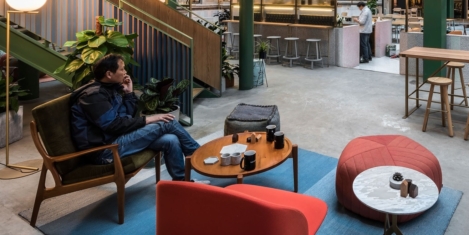
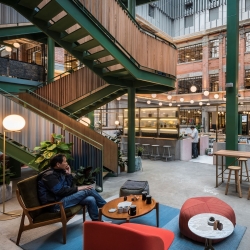
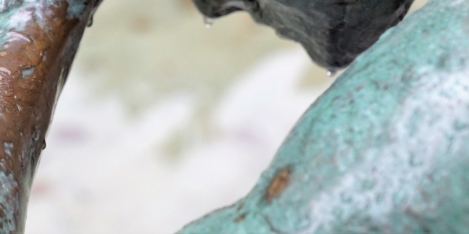
 Today is the first productive day of the year for UK employees, according to new research which claims 38 working days were lost, on average, by each employee last year due to physical and mental health related absence and presenteeism. The study puts the cost to businesses and the economy of these lost days (which in reality are of course spread out across the whole year) at £91.9bn in 2019, an increase of more than £10bn on 2018.
Today is the first productive day of the year for UK employees, according to new research which claims 38 working days were lost, on average, by each employee last year due to physical and mental health related absence and presenteeism. The study puts the cost to businesses and the economy of these lost days (which in reality are of course spread out across the whole year) at £91.9bn in 2019, an increase of more than £10bn on 2018. 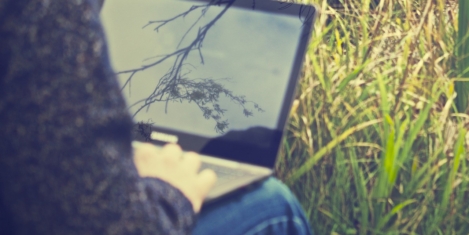
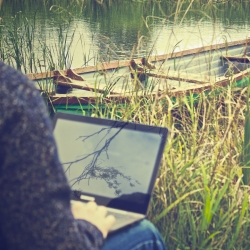 Flexible working can help employees manage mental illness and keep them in the workforce during difficult life events, a
Flexible working can help employees manage mental illness and keep them in the workforce during difficult life events, a 


 A quarter of employees think challenging issues like workplace bullying and harassment are swept under the carpet in their organisation, a new report from the CIPD, the professional body for HR and people development, claims.
A quarter of employees think challenging issues like workplace bullying and harassment are swept under the carpet in their organisation, a new report from the CIPD, the professional body for HR and people development, claims. 










March 19, 2020
Will coronavirus mean the death of the office?
by Mark Eltringham • Comment